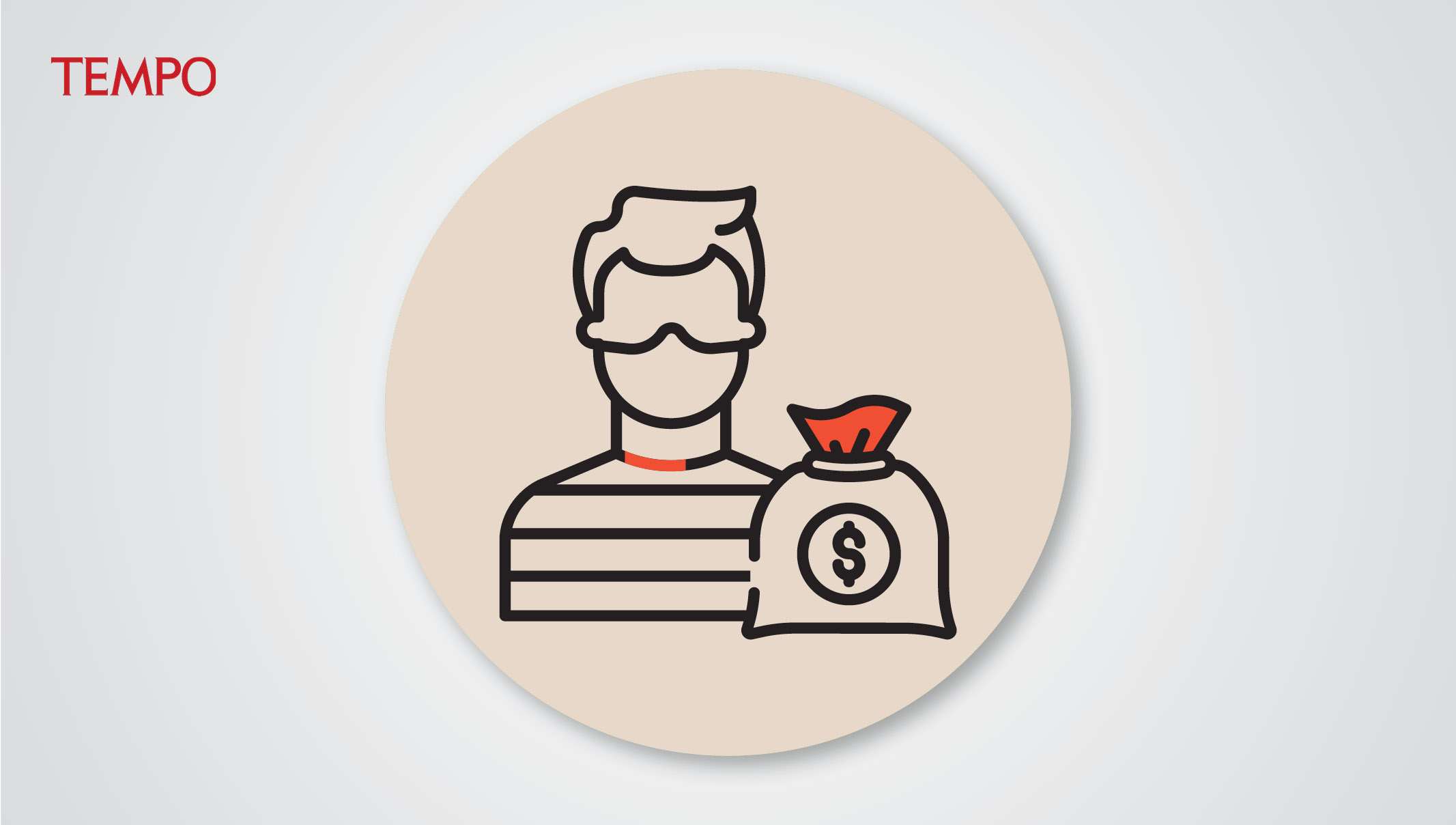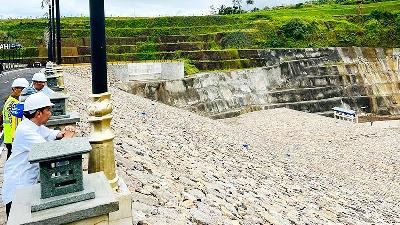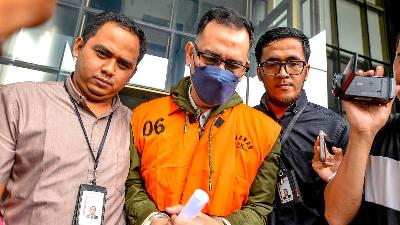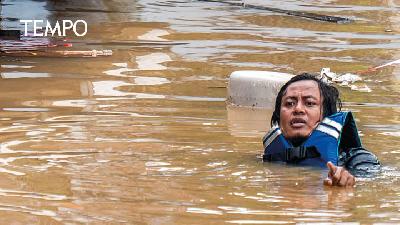The Rise and Fall of the LPEI Corruption
Monday, March 17, 2025
The legal process of the corruption at the LPEI is proceeding very slowly. It should be used to spur on reforms to the institution.
arsip tempo : 174493073851.

THE investigation into corruption at the Indonesian Export Financing Agency (LPEI) is like a drama production. Started almost two years ago by the Corruption Eradication Commission (KPK), the investigation into the crime that is reported to have cost the state up to Rp11.7 trillion has never been completed. It has appeared and disappeared with each passing year.
The KPK initially received a report about alleged corruption in the provision of working capital credit facilities by the LPEI to 11 debtors in May 2023. It was only in February 2024 that the commission began looking into this. A month later, the KPK upgraded it to a formal investigation. This next stage of the KPK investigation was announced a day after Finance Minister Sri Mulyani Indrawati reported the same case to the Attorney General’s Office. The Finance Ministry reported to the AGO that there were indications of criminal actions by four debtors. The total sum involved in the corruption was said to be only Rp2.5 trillion in the first stage.
The KPK gave the impression of taking action merely to keep up with other institutions. Four months after elevating it to the investigation stage, the anti-corruption agency named just seven suspects, six LPEI officials and one senior manager from the debtor company, Sakti Mait Jaya Langit.
The next year came, and the case sank out of sight until the KPK leadership was changed. At the beginning of March this year, the commission once again named five suspects. Two of them from the LPEI were also on the list of suspects from the year before. But this time, three other suspects came from a debtor company, Petro Energy. The KPK claims that these suspects falsified purchase orders and invoices, manipulated financial reports, and transferred borrowed funds to another company that was not an exporter. There were also illegal levies amounting to 2.5 to 5 percent of the value of the credit disguised as ‘zakat (alms) money’ for LPEI directors.
After announcing the first suspects last week, the KPK only detained one individual from the debtor company. The other suspects are still free. Some of the suspects even hold positions that would allow them to conceal evidence. If this happens, the corruption investigation will become even more complicated. And the chances of returning embezzled state funds will diminish.
The legal process's uncertainty gave the impression of a staged drama. However, the Supreme Audit Agency has already carried out an investigative audit of the LPEI that uncovered irregularities indicating criminal acts by those responsible for organizing export funding. However, the losses to the state identified in this audit report were much less, at Rp81 billion. This means that the KPK has enough evidence to move more quickly.
As well as speeding up the legal process against the suspects, the KPK should investigate the case further. There is a possibility of massive corruption that has continued for a long time, since 2015, because it has been allowed to continue by higher level officials. If this is true, it will have hindered efforts to increase exports using financing facilities at LPEI. Credit eventually flowed to companies that were not involved in exports.
The uncovering of this corruption case also shows there has been no efforts to put things right because, in 2021, the Jakarta Corruption Court passed down sentences on eight people involved in a similar case. This punishment did not produce a deterrent effect on the management of this institution, which is under the Finance Ministry.
The legal process in this case should spur on reforms to the management of the Indonesian export-import bank. The oversight body should redouble its efforts. If this is not done, the investment funding institution will continue to be a cash cow for those stealing state funds.











